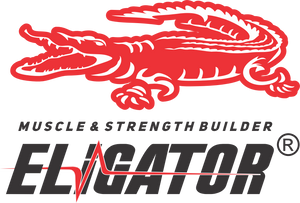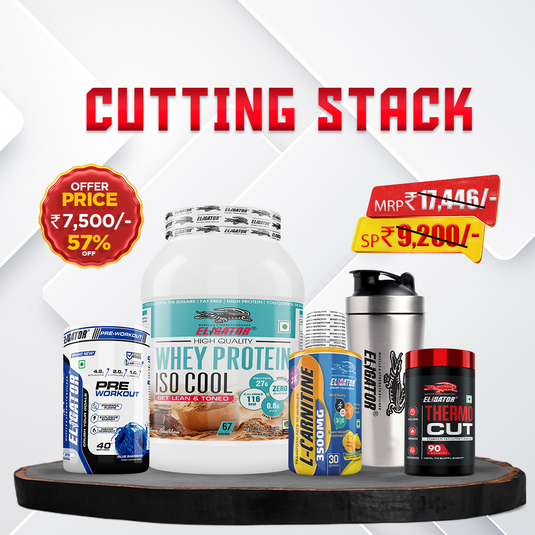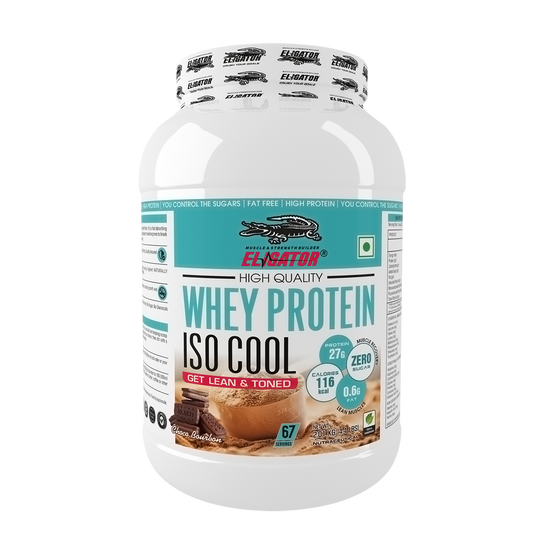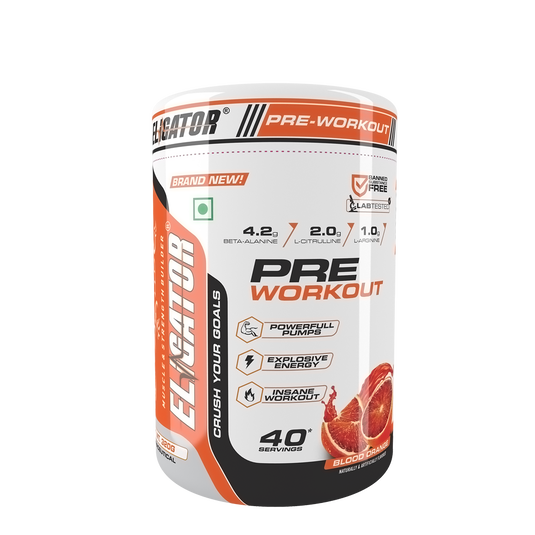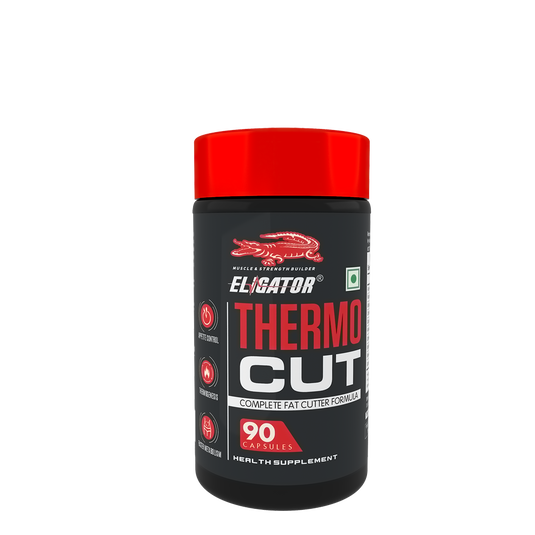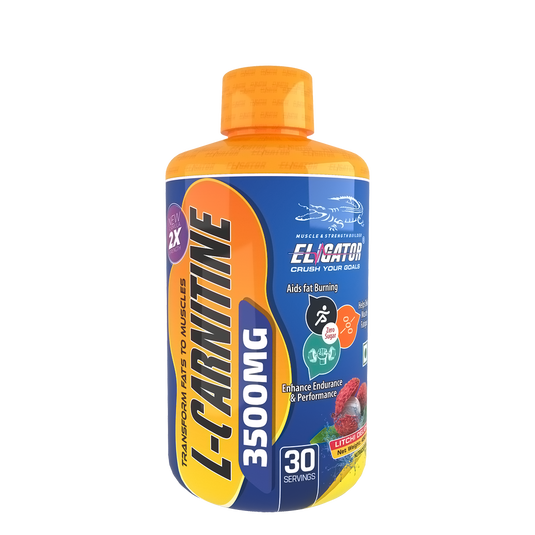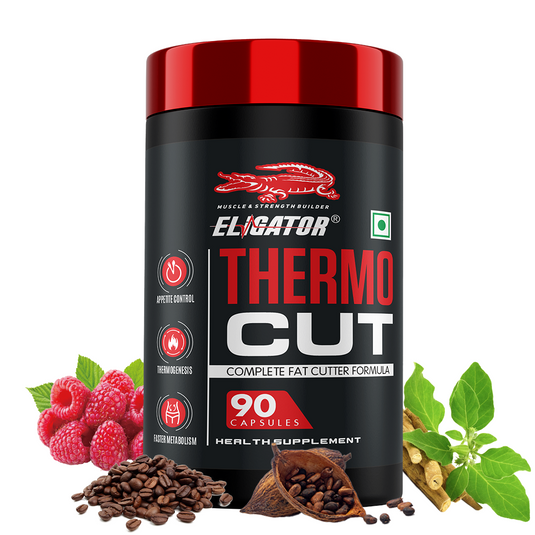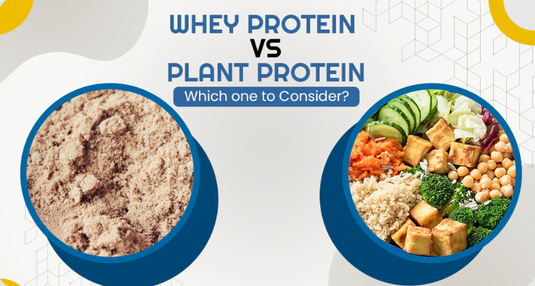Introduction
When it comes to building muscle and achieving fitness goals, protein powder has long been a staple in the supplement world. Many lifters, athletes, and even casual gym-goers rely on protein shakes to hit their daily protein intake, recover from workouts, and maximize muscle growth. But what if the very thing you're depending on to enhance your gains is, in fact, sabotaging your progress?
In this article, we’ll dive deep into the science behind protein powders and explore whether they might be hindering your results rather than helping. Prepare yourself for some shocking truths, emotional revelations, and insights that may just change how you approach your muscle-building journey.
Section 1: The Role of Protein in Muscle Growth
To understand whether protein powders can harm your gains, we must first grasp the fundamental role of protein in muscle growth. Protein is crucial for muscle repair and hypertrophy. After a workout, your muscles need amino acids, the building blocks of protein, to repair damaged fibers and promote growth.
Your body can obtain protein from various sources like meats, eggs, dairy, and plant-based options. However, many people turn to protein powder for its convenience and high concentration of protein per serving. Whey, casein, and plant-based protein powders offer a quick way to get a post-workout protein boost. The logic seems sound: more protein equals more muscle, right? Well, maybe not.
Section 2: The Hidden Dangers Lurking in Protein Powders
Contaminants and Toxins
Recent studies have shown that many commercial protein powders contain contaminants such as heavy metals (lead, cadmium, and arsenic), BPA (a plasticizer linked to hormone disruption), and even pesticides. These contaminants enter the product through poor manufacturing processes, contaminated ingredients, or improper storage.
The consequences of regularly ingesting such contaminants can be severe. Heavy metals can accumulate in your body over time, leading to long-term health issues like kidney damage, hormone imbalances, and even cognitive decline. These hidden dangers raise the question: Is the convenience of protein powder worth the potential health risks?
Excessive Protein Consumption
Consuming too much protein, especially from supplements, can lead to negative side effects. Studies indicate that consuming more than 2 grams of protein per kilogram of body weight per day may lead to:
- Kidney stress or damage due to the increased need to process nitrogen from protein breakdown.
- Dehydration as your body expels excess nitrogen through urine.
- Digestive problems such as bloating, gas, or constipation.
In extreme cases, a high-protein diet can even lead to "rabbit starvation syndrome," where the body's ability to process protein becomes overwhelmed. In short, more protein doesn't always equal more muscle. You might be putting undue stress on your body, ultimately impacting your gains negatively.
Section 3: Protein Quality – Does It Matter?
Whey vs. Plant-Based Proteins
Protein powders come in various forms, with whey protein being the most popular choice for athletes due to its fast absorption rate and high biological value. Whey contains all nine essential amino acids, which makes it a complete protein source.
However, many people overlook the quality of the protein they're consuming. Plant-based protein powders, for example, often lack one or more essential amino acids, making them incomplete. While you can combine different plant-based sources to create a complete protein profile, many users aren't aware of this necessity, and as a result, they may not be getting the right mix for muscle growth.
Even within whey-based powders, not all products are created equal. Some lower-quality brands add fillers, artificial sweeteners, and additives that can interfere with digestion and absorption, reducing the effectiveness of the protein you're consuming. Choosing a protein powder based purely on price or marketing can lead to suboptimal results in muscle growth.
Section 4: Artificial Sweeteners and Additives – Silent Saboteurs?
Many protein powders contain artificial sweeteners like sucralose or aspartame to enhance flavor without adding extra calories. While these sweeteners are FDA-approved and considered safe in small amounts, their long-term effects on health and fitness performance are still being studied.
Artificial sweeteners may disrupt the gut microbiome, which plays a significant role in nutrient absorption, metabolism, and overall health. Some studies suggest that changes in the gut microbiota due to artificial sweeteners can impair digestion and protein synthesis, potentially negating the benefits of the protein you're consuming.
Additionally, additives like emulsifiers, thickeners, and preservatives may cause digestive discomfort, including bloating, gas, and nausea. This can create a scenario where you feel uncomfortable after consuming protein powder, which may discourage consistent use, thereby harming your muscle-building progress.
Section 5: The Timing Fallacy – Does It Really Matter When You Take Protein?
The "anabolic window" theory suggests that you must consume protein within 30 minutes of your workout to maximize muscle gains. However, recent studies indicate that the timing of protein intake is far less critical than your total daily protein consumption.
Whether you drink your shake right after your workout or a few hours later, as long as you're hitting your daily protein goals, your body will have the necessary resources to repair and grow muscle. The myth of the anabolic window has led many people to prioritize post-workout protein shakes over whole foods, potentially missing out on other vital nutrients.
Section 6: The Psychological Trap – Are You Relying Too Much on Protein Powder?
Protein powders can become a psychological crutch for many gym-goers. The convenience and marketing hype around these products can create an unhealthy reliance, where users prioritize supplements over real, nutrient-dense foods. This can lead to an imbalanced diet, deficient in fiber, vitamins, and minerals – all crucial for overall health and muscle recovery.
Section 7: What Should You Do Instead?
-
Focus on Whole Foods
While protein powders can be a convenient option, whole food sources of protein should form the foundation of your diet. Lean meats, fish, eggs, beans, and dairy not only provide high-quality protein but also essential micronutrients that support overall health. -
Choose High-Quality Protein Powders
If you decide to use protein powder, invest in a high-quality product that’s third-party tested for contaminants. Avoid products with artificial sweeteners, fillers, and unnecessary additives. Look for brands that are transparent about their ingredients and manufacturing processes. -
Balance Your Diet
Ensure that you’re consuming a well-rounded diet with adequate fiber, fats, and carbohydrates. Proper nutrition supports optimal muscle recovery, hormone balance, and overall performance. -
Don’t Overdo It
More protein isn’t always better. Aim for 1.6-2.2 grams of protein per kilogram of body weight per day, and adjust based on your individual needs and goals. Excessive protein intake can harm your health, so it's essential to find a balance that supports your progress without overloading your system.
Conclusion: Is Your Protein Powder Destroying Your Gains?
The answer is complicated. While protein powder itself isn’t inherently harmful, the type of powder, its ingredients, the contaminants it might contain, and how you incorporate it into your diet can all affect your muscle-building progress. If you’re blindly consuming protein powder without considering these factors, you may unknowingly be sabotaging your gains.
Protein is essential for muscle growth, but more doesn’t always mean better. Prioritizing whole foods, choosing high-quality supplements, and avoiding excessive intake are all crucial to achieving your fitness goals. Be mindful of what you're putting into your body – your health and your gains depend on it.
Elevate your fitness journey with Eligator Nutrition, where quality meets innovation. Our scientifically formulated supplements are designed to empower your workouts, enhance your performance, and support your overall well-being. Choose Eligator—your partner in achieving extraordinary results and redefining your limits. Let’s conquer your fitness goals together!




Receive the Blog via Email Daily
Please fill out the form below and we’ll get back to you within 24 hours.

